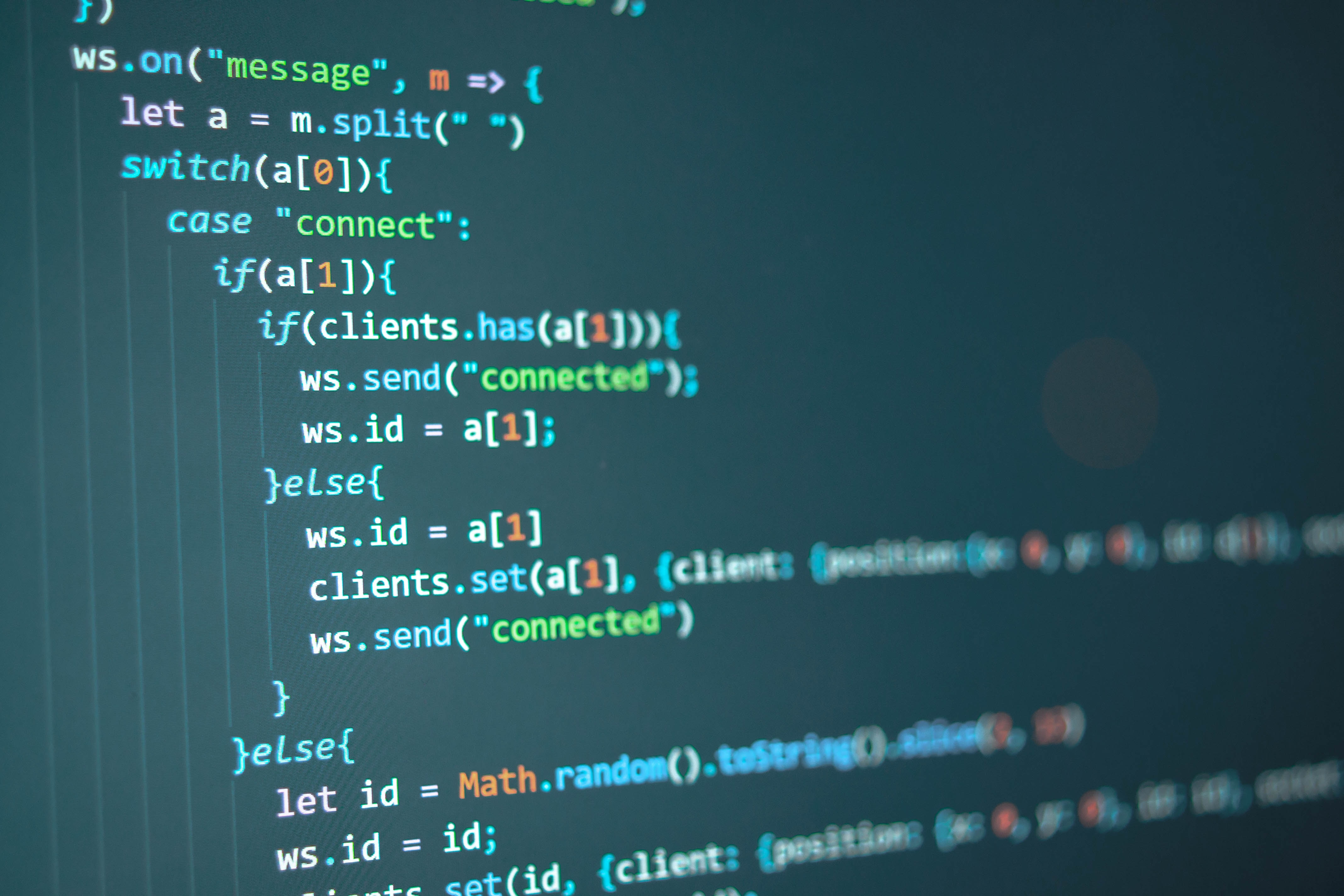5 Top Tips in Learning to Code

17th July 2021
OK, bring it on. Where do I begin?
So, you wanna code? There’s a tonne of ways to get into coding, but if you’re anything like me you’re probably looking for the fastest route to being an absolute coding wizard. I’m right? Good. Let’s get into what you need to nail the skills to get you there then.
Make no mistake, life as a Coder can be a difficult one. You’re going to be speaking a language (or languages) that many of the population don’t. In fact, you won’t be speaking it, you’ll be typing it…which will fully blow people’s minds!
With that said, it won’t last long because before we all know it, programming will be totally mainstream. It’ll be a skill that people don’t even consider a skill anymore – like being English and speaking and writing in English.
The best news is, it is a fantastic time to start coding right now. And, there are loads of really sweet resources out there to help you on this journey.
As with anything new, the most terrifying thing is taking that first step. It seems completely overwhelming, I know! I’ve been there, remember?! We all had to learn sometime. The best news is, it is a fantastic time to start coding right now. And, there are loads of really sweet resources out there to help you on this journey.
My 5 top tips in learning to Code:
Develop computational thinking – computers only do what you tell them!
1. Absolute number one – develop computational thinking. Computers only do what you tell them. so, if something isn’t working then it means you haven’t programmed right. Working on computational thinking means expanding your ability to spot and troubleshoot mistakes if a program doesn’t work how you intended it to. It’s a great skill in general, to be able to break down a problem, find patterns and trends, create steps for a task and develop patterns/trends into rules, principles or insights. It can be applied to pretty much anything.
2. I’d suggest thinking about why it is you’re learning to code. Is it as a hobby? For work? A career change? The reason this is important is because once you’ve worked out what it is that you want to do, you can decide on the language to learn in. See which category you fall into…
I just want to learn the basics:
For example, most people will learn in HTML and CSS – but these entry points to coding are for developing basic sites.
More than the basics – I want an interactive website:
If you’re going to integrate databases, or payment systems, then SQL, PHP, Python and Javascript are what are going to be your best friends.
I’m thinking of developing a mobile app:
Java or Kotlin for Android and you’ll need Swift or Objective -C to make iOS. Also use React Native for either iOs or Anroid.
Video games are my bag:
You’re going to want to learn Unreal Engine 4 (UE4) or C++
Isn’t there a one-size fits all?
No. But if I had to, I’d suggest Python, C# or JavasScript as they’re thought to offer the most flexibility for whatever the task at hand is.
3. Learn the basics of how to speak to your computer…. eg programming language. If you’re a total beginner, my advice would be to do this through a series of games before you even decide on the code you’re going to learn. Take a tip from the kids, and keep it fun! One awesome resource is https://code.org/learn which gives suggestions on a zillion cool games to choose from – all filtered by age, length and knowledge. If I was starting again, I’d be on this every day.
4. Enroll onto a course! Now that you understand what coding is, you know the language you want to learn (or even just what you want to be able to achieve) then it’s time to get serious. Enroll on a course which suits your needs, budget and time. There is little else that can do as much for you as actually doing the thing you’re learning about. Ideally you want a course where you’re given a project to work on, and a project of your own on the side to test the skills you are learning.
5. Be patient! It’s going to take you a while to develop into a Keyboard Ninja. It doesn’t happen overnight. You have to be willing to put the work in, and keep trying and trying again once you fail (and fail you will) but being OK with this part of the process is absolutely paramount. After all, as a Coder your concentration will always be on solving problems.
What, you still want more?!
If you’re just starting out on your coding journey, check out this blog: coding – where do I start?
Until next time.
Your friend,
